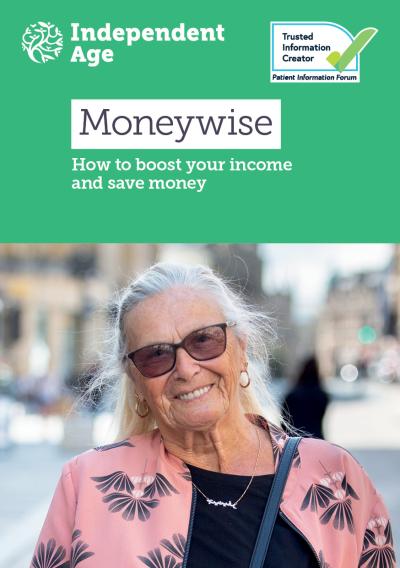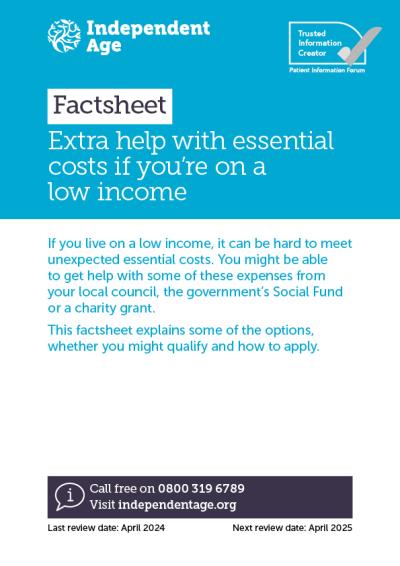Related publications

Moneywise

Debts can happen in different ways – some can build up slowly over time, while others can happen suddenly and unexpectedly. But whatever type of debt you're in, there are ways to get help.
If you’re feeling overwhelmed, or have multiple debts to deal with, you should focus on your ‘priority’ debts – for example, housing arrears or energy bills. Visit Citizens Advice for more information.
If you’d like to speak with a debt adviser, see Help if you're in debt for organisations that can help.
Gas and electric bills can get expensive, especially with the rising cost of living. But there are ways to manage your debt – for example, you can:
For more information, see our page Managing your energy bills.
Whether you’re renting or paying a mortgage, having arrears on your home can be worrying. If you’re struggling with housing costs, there are ways to get your debts under control.
For more information, see our pages Problems paying your mortgage and Problems paying your rent.
If you’re worried about being evicted or repossessed, there are organisations that can support you, such as Shelter. They can help you:
You may be considering moving, or switching to a different type of housing – see our Housing options page to see what would suit you best.
You may end up in debt from overspending on goods and services. This could involve:
Visit National Debtline or StepChange for advice on how to manage your credit debt.
Debts to government departments or local councils can happen in a number of ways, such as:
You may also owe money if you have been overpaid benefits or tax credit.
See StepChange for more information about government debts and ways to manage them. National Debtline and Tax Help for Older People can also offer free, expert advice.
If you're struggling to pay your water bills, talk to your water supplier as soon as possible. They can offer advice on how to cut down on your water costs and the best way to pay off any debt. Water suppliers can’t cut off your water supply, but can take court action to recover the debt if they don’t hear from you.
There are also other schemes and support services available if you’re on a low income or receive certain benefits. For more information, see our page Water – help with costs.
For more information about these types of debt, visit StepChange.

For information on how to get expert advice and take control of your debt, see our webpage Help if you’re in debt.
If you’re not sure where to start, give our Helpline a call to speak with one of our advisers.